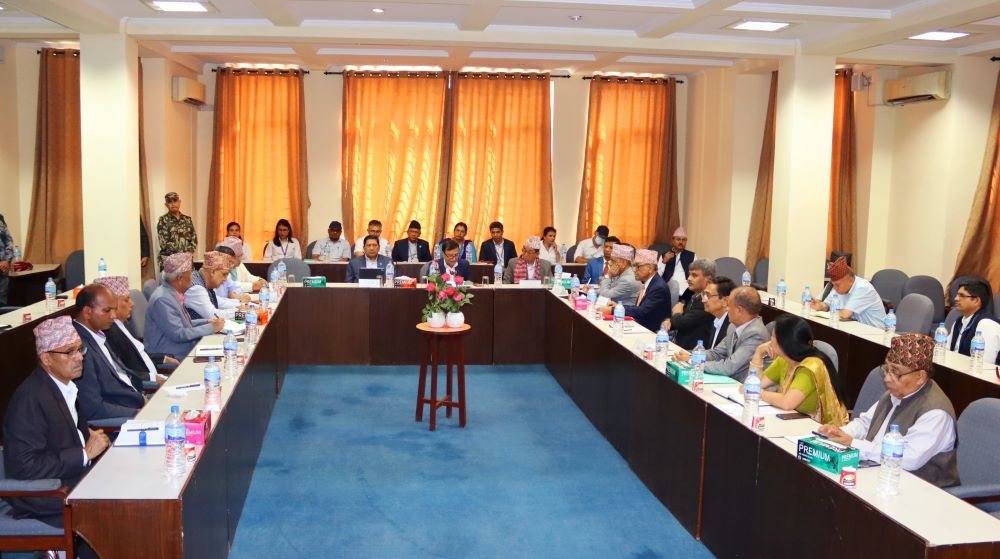
Rethinking the Purpose of Education: A Glimpse into Nepal's Educational Reform
In a recent University Coordination Committee meeting, Deputy Prime Minister and Home Minister Narayankaji Shrestha emphasized the need for a holistic approach to education. The meeting, which also included Education Science and Technology Minister Ashok Kumar Rai and other senior officials, discussed various aspects of educational reform, from investment to quality assurance.
The Multifaceted Role of Education
Deputy Prime Minister Shrestha stressed that education serves a broader purpose than merely solving unemployment or turning people into human computers. He advocated for research-based, public-oriented, and accessible education as the means through which people can truly understand the purpose of life.
Key Takeaways:
- Holistic Development: Education should aim for the overall development of individuals, not just career preparation.
- Public-Oriented: Education should serve the community and be accessible to all.
- Research-Based: A focus on research can enrich the educational experience and contribute to societal development.
The Need for State Investment and Political Neutrality
The Deputy Prime Minister called for increased state investment in education and the elimination of political involvement in educational leadership. He believes that the right political and academic leadership is crucial for the qualitative development of education.
Action Points:
- Increase State Investment: More funding can improve infrastructure, teacher quality, and research capabilities.
- End Political Involvement: Educational institutions should be free from political bias to focus solely on educational excellence.
Ensuring University Security and Quality
The Deputy Prime Minister also emphasized that university officials should prioritize both the security and the qualitative development of educational institutions. He suggested that universities should be made safe zones of peace and focus on developing the competitive abilities of students and faculty.
Stakeholder Collaboration for a Better Path
Minister Rai highlighted the importance of discussion, brainstorming, and cooperation among all stakeholders to pave a proper path for educational reform.
Recommendations from University Officials:
- Merger of Low-Enrollment Colleges: To optimize resources and improve quality.
- Academic Calendar: A structured academic calendar for better educational planning.
- Control Chaotic Activities: Ensuring a peaceful educational environment.
- End Strikes by Fraternal Organizations: To maintain an uninterrupted academic schedule.
Conclusion
The meeting shed light on the multi-dimensional role of education and the need for a comprehensive approach to educational reform in Nepal. With increased state investment, political neutrality, and stakeholder collaboration, the country aims to create an educational system that is not just job-oriented but life-oriented.
By aligning with these principles, Nepal is taking a step towards creating an educational system that is truly transformative, both for the individual and the community at large.
School News College News




